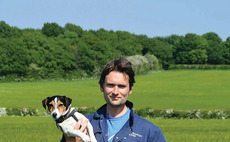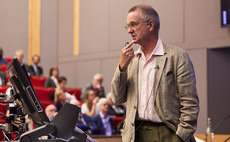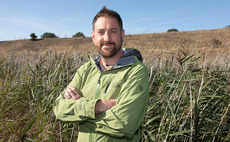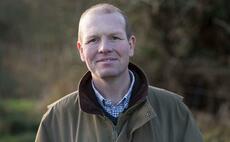Brexit Hub
Arable
2020 started badly, and has only got worse since, but it still has the potential to go out on a high, says Leicestershire arable and beef farmer Joe Stanley.
Arable
The coronavirus crisis has exposed the Government’s failure to think about food policy, and it needs to be properly considered now, says Tim Lang, professor of food policy at City, University of London.
Arable
When the coronavirus has been brought under control, politicians must take stock and recognise the importance of food security, says Robert Largan, Conservative MP for High Peak.
Farm Business
Whatever seemed relevant two months ago, perhaps only two weeks ago, has been turned on its head. None of us really knows what’s going on now, but the impact on everybody and everything is impossible to second-guess, says Oliver Dowding, arable farmer and agricultural spokesman for the Green Party in the south west.
Farm Business
While farmers tend to experience isolation from the very nature of their lifestyle and work schedule, communication is key to tackling coronavirus and we must all reach out and show concern, says Baroness Anne McIntosh of Pickering.
Farm Business
With the current existential threat of the coronavirus pandemic, we must ‘pause for thought’ in considering our future policy for food and farming outside EU rules and regulations, says George Dunn, Tenants Farmers Association chief executive.
Farm Business
It is March 20, 2040 exactly 20 years to the day since the Coronavirus pandemic forced Prime Minister Boris Johnson (remember him?) to acknowledge the Brexit transition period would have to be extended, says Cambridgeshire Fens farmer Tom Clarke.
James Dunn, ADAS technical director for business management, looks in depth at getting through the farm payment transition period.
Government’s preference for simple messages at the expense of logic means we are no more ready for the practical consequences of Brexit today than we were at the last two deadlines, says Shane Brennan, CEO of Cold Chain Federation.
Farm Life
As the UK sees the biggest shake-up in agri-funding in decades, future Government policy must support farmers for the ‘public goods’ they provide in tackling climate change, says Martin Lines, Nature Friendly Farming Network (NFFN) chairman.


 27 March 2020
•
3 min read
27 March 2020
•
3 min read









